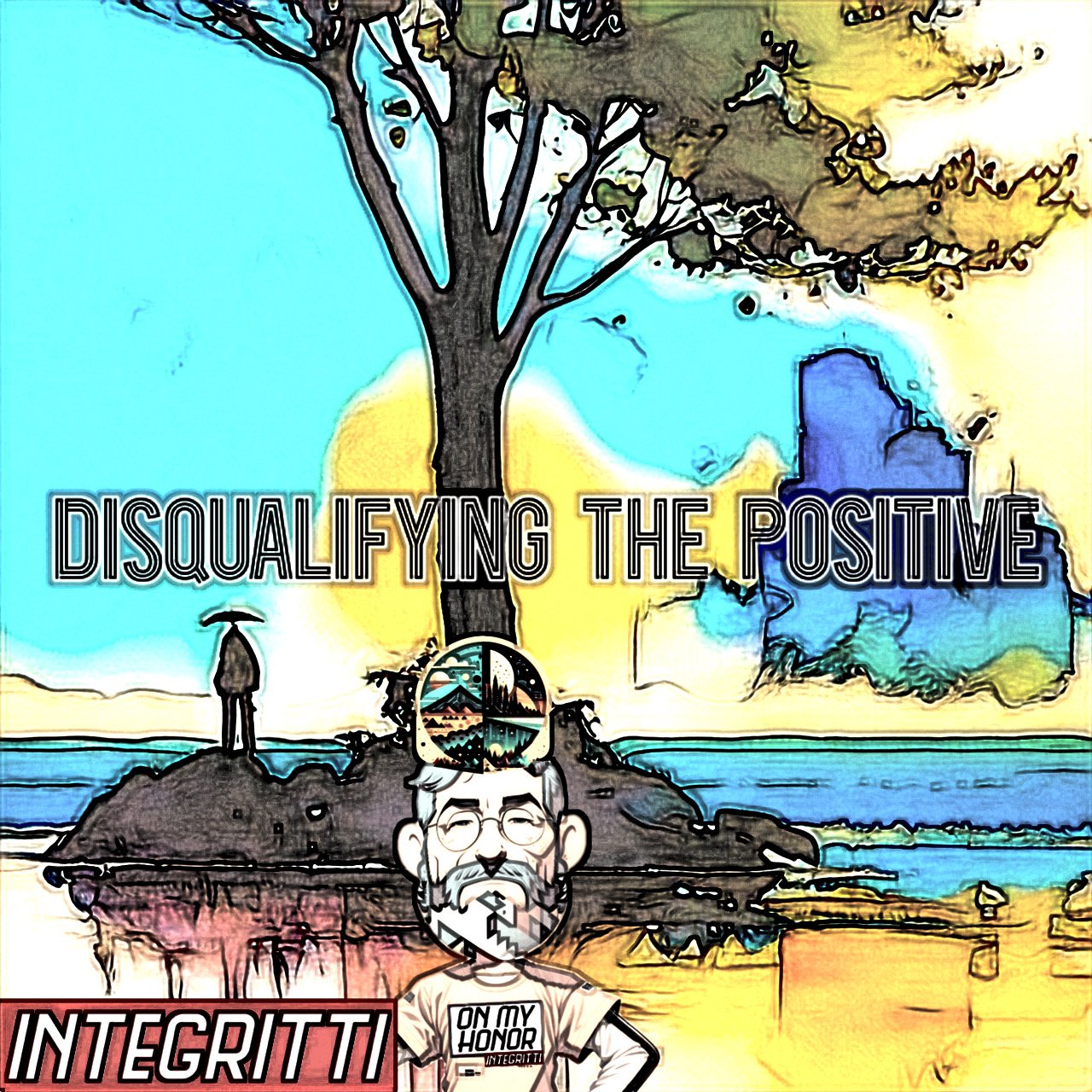
Welcome to my blog. If you like what you find here I’d love to know. As Ram Dass liked to say, “My ego needs a lot of encouragement.” Stay Mindful
The Deserve Mindset
Many Me’s allow for different perspectives
You deserve a break. We deserve to be heard. They don’t deserve to be mocked. I deserve happiness. People deserve to feel loved.
I’ve said, and meant, everyone of those “deserve” statements. As a thinking feeling human being it appeals to my sense of justice, morality, and basic human needs. People do need breaks, and to be heard, and to be treated respectfully, and people need times of happiness, and to love and be loved. Ultimately to live a life of purpose and fulfillment.
Or do they?…I’ll come back to that in a later post.
The point here is we need things, and the needing doesn’t grant us entitlement to our needs. I need to give my love and receive love to experience the profound emotional and psychological interchange of healthy pair bonding. We cannot ignore our primate mammalian biology. We are social animals with consciousness, and we are still exploring what that means.
A dog requires many of the things listed above and much more to live a life we’d label “well lived”. Does every dog deserve those things? A tree needs sunlight, fertile soil, and carbon dioxide to grow. Does a tree deserve those things? Let’s shift perspective a bit again and look at a business. Businesses need capital, organization, time, dedication, and so on to succeed. If Any one of those factors don’t measure up the business may fail, but does it deserve what it needs? Does a business deserve to succeed? Does a human deserve the air they breathe? Need does not equal deserve.
The difference need and deserve isn’t a matter of opinion or perspective. One is a truth and one is an opinion. I trust you dear reader can tell the difference.
What does a human being need to survive? What does a planet need to survive? Does our planet need us? Doesn’t seem like it to me but I’m not a scientist. I am a passionate explorer of the mind body connection, and mindfulness advocate. Do I deserve to be listened to? Would I deserve to be listened to were I to have a PhD, or a signed letter of recommendation from a politician, or individual of note? The answer is no.
No matter what I do, or say, or learn, or discover I will never objectively deserve to be heard. I write this because, much like you I imagine, I feel the need to be heard. I feel passionate about sharing my perspective and helping others feel more comfortable with their stories. I hope I am heard, but I acknowledge that I don’t deserve it.
Entitlement can grow from almost any belief.
Be grateful for the air you breathe because you don’t deserve it.
Stay Mindful
Disqualifying the Positive
Disqualifying the positive is a particularly subversive cognitive distortion. It’s a mindset that changes a positive event into a neutral or negative event. Leading one to reject positive experiences by insisting they “don’t count“ for some reason or another.
Processing any information in a biased way is cognitive dissonance. Meaning you choose to be bias against as opposed to except the situation. By disqualifying the positive they choose to only believe the negative aspects as relevant. It is not “all or nothing” thinking, but instead “it was nothing” thinking.
The quickest way I have found to spot this distortion is to notice that guilt is resting in the place where pride should be for a healthy mind body balance.
There is of course the counter part that is disqualifying the negative and it is a cognitive distortion for pretty much the same reason. The logic is based on a bias instead of objective observation.
Disqualifying the positive is an example of believing we can remake reality without realizing it is our subjective perception that is reframing something in a way that is unhealthy to us.
Stay Mindful
Gritti
Mental filter
When thinking through a mental filter, a person is focusing only on a single aspect of a situation, and filtering out everything else. And this way, they completely ignore everything that disagrees with that detail. Mental filtering plays a big part when it comes to how we judge experiences, which magnify the aspects of past experiences, and then ultimately trigger an automatic response for future events.
by picking out a single negative or positive detail, and focusing on only that, you convince yourself that the whole situation is positive or negative. A person who is overly optimistic, is using a mental filter, and the same is true for an overly pessimistic person.
Both positive and negative filters can lead someone to act irrationally. Remember, mental filtering, like all cognitive distortions, clouds our ability to see situations clearly.
“ it’s not what happens to you, but how you react to it that matters.”
-Epictetus- stoic philosopher.
Stay Mindful
Gritti
Overgeneralizing
Overgeneralizing is the process of extending the characteristics of a number of elements from a group, in a way that is not reasonable.
Or more simply put, it is generalizing too much. The overgeneralizing mentality generally comes from using past experiences to give you the faith that the future will follow a certain pattern. Quite often that pattern leads to an undesired future.
A couple of examples
It hasn’t worked in the past, so it’s not going to in the future.
Those types of people will never learn to change.
Someone who overgeneralizes lives in a world of categories and stereotypes. They tend to lump other people into types, and then assume they understand them because of past experience with said types. Which just allows them to reaffirm their cognitive bias.
Phrases like “all ___ are bad“, or “everything I do fails“ get stuck on repeat in their minds, which intern negatively impacts their motivation and drive.
It is so important to remind ourselves that perspective is subjective. Anytime we find ourselves in a situation that causes us to overgeneralize, we need to remember that the situation looks different to different people. Yours is not the only way to see things.
Generalizing is understandable, and even wise at times, but overgeneralizing more often than not limits our view. There are exceptions for almost everything. Details are important.
Tip to avoid overgeneralizing
Search through the thoughts and ideas you hold that are generic or very broad. Do you have any sweeping generalizations that you say often? Are there any examples of exceptions to those generalizations? If the answer is yes, then you may be overgeneralizing.
Stay Mindful
Gritti




